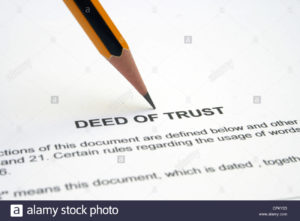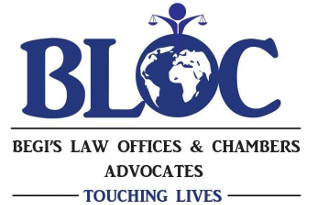ESTATE PLANNING: Trusts for Children
INTRODUCTION

Being a lawyer many times requires one to think on their feet. This is not just for lawyers who practice criminal law. It also applies to family law practitioners. At law school, we were often told to take a keen interest in all areas of law without bias, because all areas of law have a way of interconnecting, while still remaining very distinct in nature and type. For a long time now I have been practicing family and children law out of pure passion. I have discovered that family law practice gives an advocate the privilege of practicing all other areas of law in the context of a family. I will give an example.
A few months ago, I was attending a brief at the Children’s court. My client, a young lady, let me call her “Jane”, was suing the father of her child for child support and maintenance. The Defendant, a wealthy man, let me call him “John”, had no problem paying child support. However what was in contention was a house that John had bought on the mortgage, for his child. When things were all good, John and Jane agreed that John would continue paying the mortgage for the house, and the house would be registered in Jane’s name since in Kenya children cannot legally own property. Jane would then give the house to their child when she became an adult.

When their relationship broke down, John did not feel like continuing the mortgage payments because he had no guarantee that Jane would transfer the house to the child when she became an adult. John did not feel comfortable paying for a house that was in Jane’s name. Jane moved to court to compel John to continue the mortgage payment. The Children’s court could not immediately grant the orders because the house was in Jane’s name and not in the child’s name.
A compromise solution had to be developed. I suggested to the court that Jane and John do register a legal trust for their child. Jane and John would be the trustees, and the child would be a beneficiary. Jane would then transfer the ownership of the house to the trust. The trust would come to an end automatically when the child turned 18 and the property would vest in the child at that point. This solution was accepted by everyone. That day in court, I realized that though I am a family lawyer, I had to make use of knowledge on the law of property and trusts to come up with a solution that would benefit the client.
DEFINITION OF A TRUST

A trust is a legal entity that enables persons, called trustees, to hold property or funds, on behalf of defined beneficiaries. I do advise parents in Kenya, who would wish to have secure investments for their children, to consider setting up legal trusts for the children. The trust then becomes a body corporate with the power to own and hold property. This is a secure form of investment for children because the trust continues to exist even in the case of separation of the parents. Depending on how the trust is set up, some investments made by a trust can attract some kind of tax relief and exemptions by the government. When it comes to setting up for children, trusts are better than wills.
PROCEDURE FOR SETTING UP A TRUST FOR CHILDREN

The first step is the preparation of a Trust Deed. The Trust Deed will specify who the trustees will be and who the beneficiaries of the trust will be. For the purposes of this article, the trustees will most likely be the parents to the children, with the children as beneficiaries. The Deed will set out the objectives of the trust, and its duration. Most trusts for children have a duration that lasts until the children attain the age of majority.
Registration under the Registration of Documents Act
Once the Trust Deed has been prepared and signed, it is then submitted for assessment at the Registry of Documents. Stamp Duty is then paid for it.
Registration under the Trustees (Perpetual Succession) Act
This is the last step in the registration of trusts. A certified copy of the Trust Deed is presented to the Registrar’s office, together with a Petition for Registration of the Trust. The Registrar will consider the Trust Deed, if it is in order, he/she shall register it and provide a certificate of registration. At this point, the Trust will be capable of owning property in its own name, distinct from the trustees or the beneficiaries.
CONCLUSION

In conclusion, I do advise parents who may read this to consider the advantages of registration of a trust for their children and to give it a try. For further consultation on this please get in touch with us through our e-consult portal.

